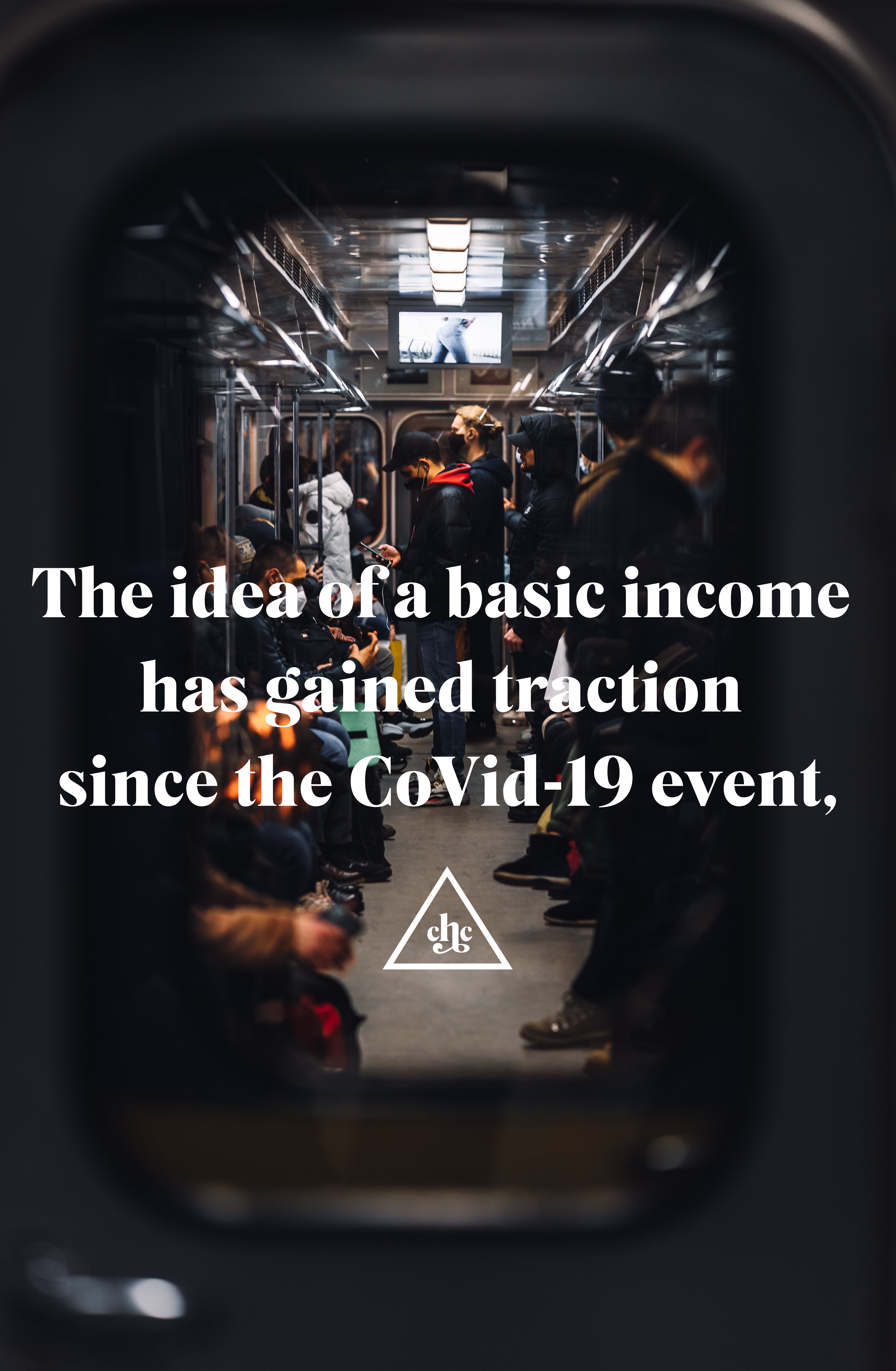Michael Tubbs, an African American and mayor of Stockton, California from 2019 -2021, and recently hired by the Biden administration had an idea a few years back. Witnessing the rampant poverty and low-income levels of many constituents in his town, he instigated a controversial program called the Stockton Economic Empowerment Demonstration (SEED).
Its implementation fell along the lines of “Universal Basic Income”, which has also been called Guaranteed Income and Basic income. It is not a new concept and has been tried sporadically in various parts of the world including a handful of cities in the U.S.
The concept is to provide no strings attached to periodic income to all. The basic principles are:
- Periodic: distributed in regular payments
- Cash payment: distributed as funds, not coupons or vouchers
- Individual: paid to every adult citizen, not just every household
- Universal: it is paid to all citizens, regardless of their situation
- Unconditional: there is no requirement to work or willingness to work
There are variations of the principals and Mayor Tubbs tweaked the test program to limit the number of recipients to 125 and that had a median income level of $46,000.00 annually. The payment was $500 a month, for 24 months, was paid through a debit card, and had no restrictions on how the money could be spent. Possibly fearing backlash from taxpayers, the entire program was supported by philanthropic donations.
After two years, through an interview process, it was found recipients of the payments experienced less stress, were better parents and partners, secured full-time employment in many cases, and had an improved overall sense of wellbeing (CBS NEWS). No specific statistics were given to support the claims nor how the interviewers arrived at their conclusions, but the reported success of the program has spurred further discussions along the same lines. A similar pilot program in 2017 in Finland reported similar benefits.
No doubt, the pros, and cons of such an idea will be fiercely debated. It is hard to imagine, considering the income limits installed on the CoVid bailout programs, that there would be no income limits if instigated in the U.S
The bigger questions are obvious.
Would a guaranteed income kill incentive to find employment?
No doubt it would be argued that some people would forego seeking employment if given a minimum payment. Such is the way of subsidies and human nature.
Some would claim that the greater good being served would far outweigh the few that might take advantage of the program. Others would use the incentive argument to try and nix the whole idea.
Who would pay for it would certainly surround the debate. Governments would not be able to fund such programs on a large scale through donations. Recall Stockton’s program only had 125 participants.
No doubt, the usual sources for funding public spending would be used. Taxation, borrowing, or creating the funds from the printing press are the three methods available to the public trust. Such is the source for all government funds.
Another question is would the payments be taxed?
If everyone did receive the income, the futility of taxing the funds away from people, only to give it back through a monthly check, seems counterintuitive. But the government is known to do that sort of thing on occasion. The precedent for taxation of benefits brings to mind social security payments. Once promised the proceeds would never be taxed, which all changed in 1984 under amendments signed by President Reagan. Portions of social security payments are taxed based on income. (For those wondering, yes, in 1983, Joe Biden joined a bipartisan effort to make 50% of Social Security benefits taxable based on income).
Concluding, no doubt, the debate would be hard-fought and contentious. The idea of a basic income has gained traction since the CoVid-19 event, and the discussion is only likely to gain momentum as income inequality escalates, which in this analyst’s opinion, is bound to continue.
Opinions expressed here are those of Mr. Cuniberti and may not reflect those of any media outlet. Mr. Cuniberti holds a degree in Economics from SDSU. For a list of the services offered by Mr. Cuniberti, call (530)559-1214. California Insurance License #0L34249. Medicare Agent approved. Email: [email protected].


